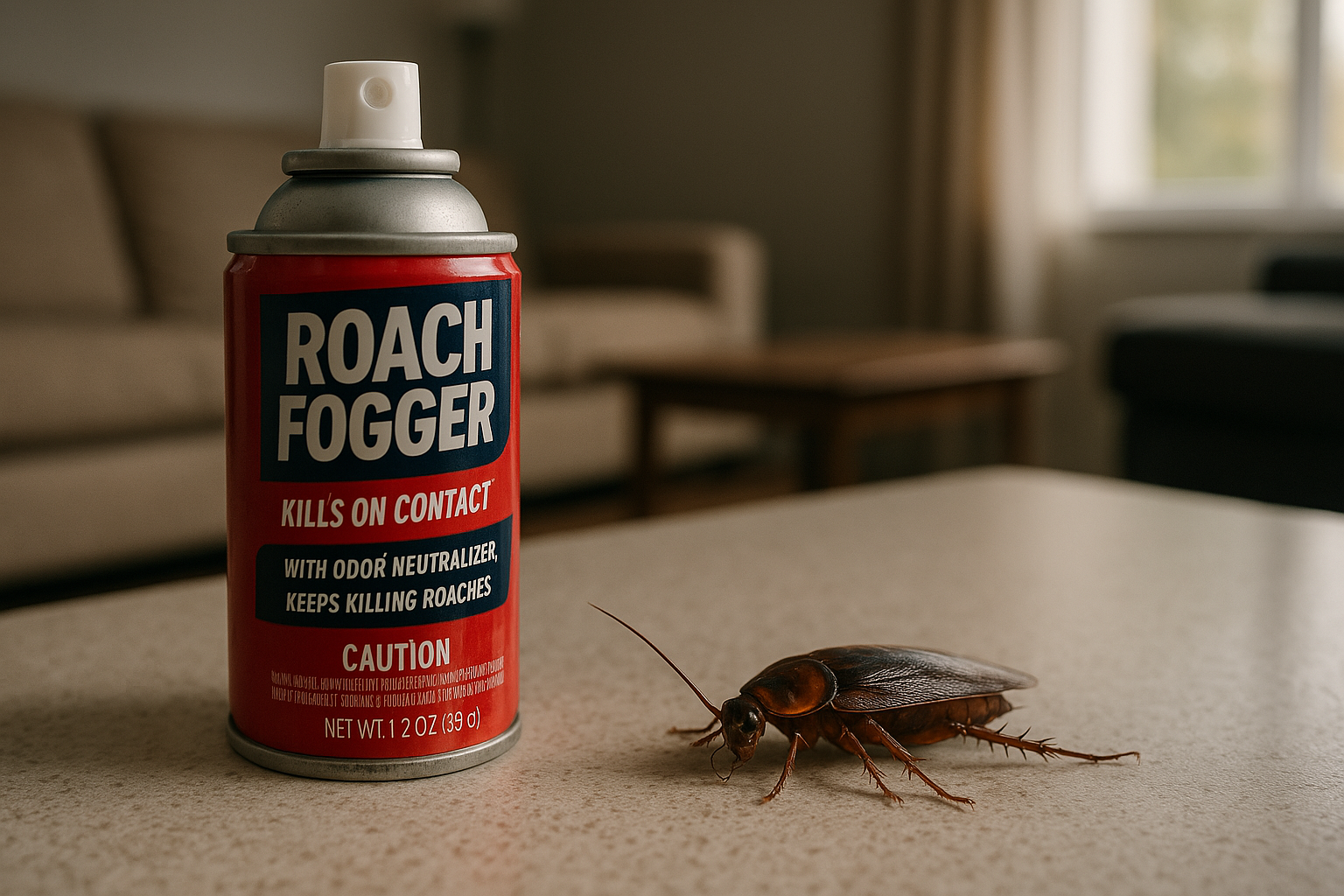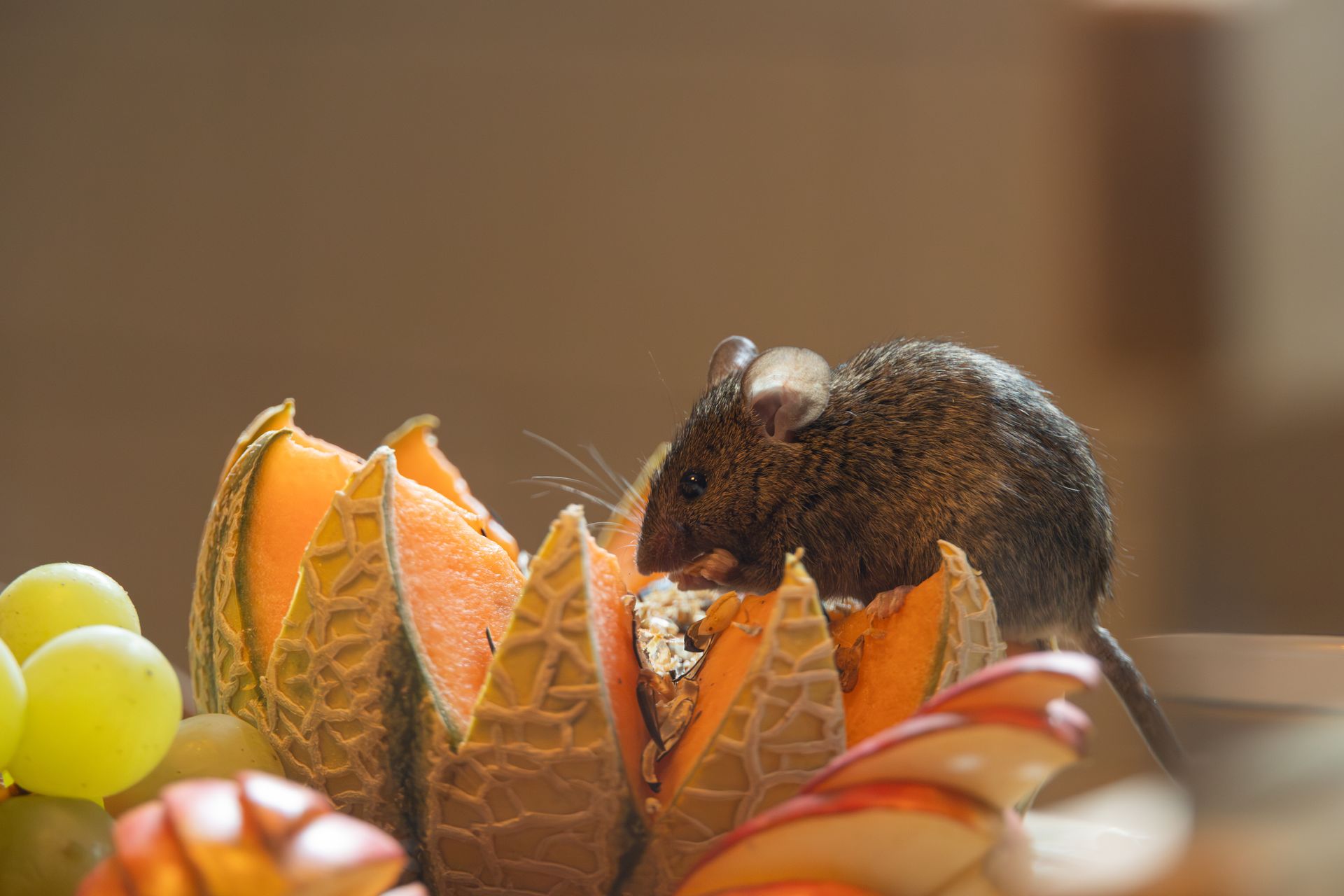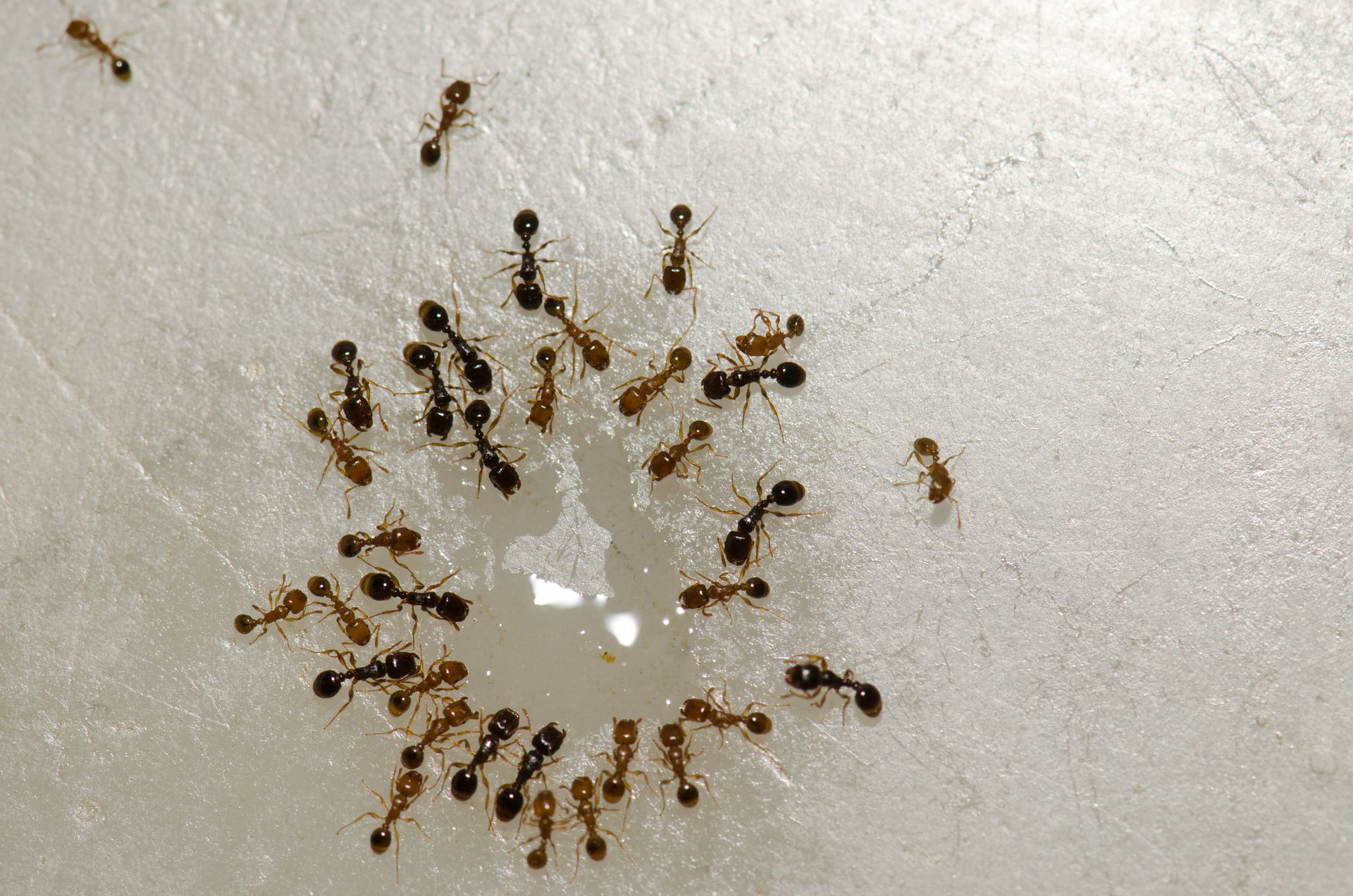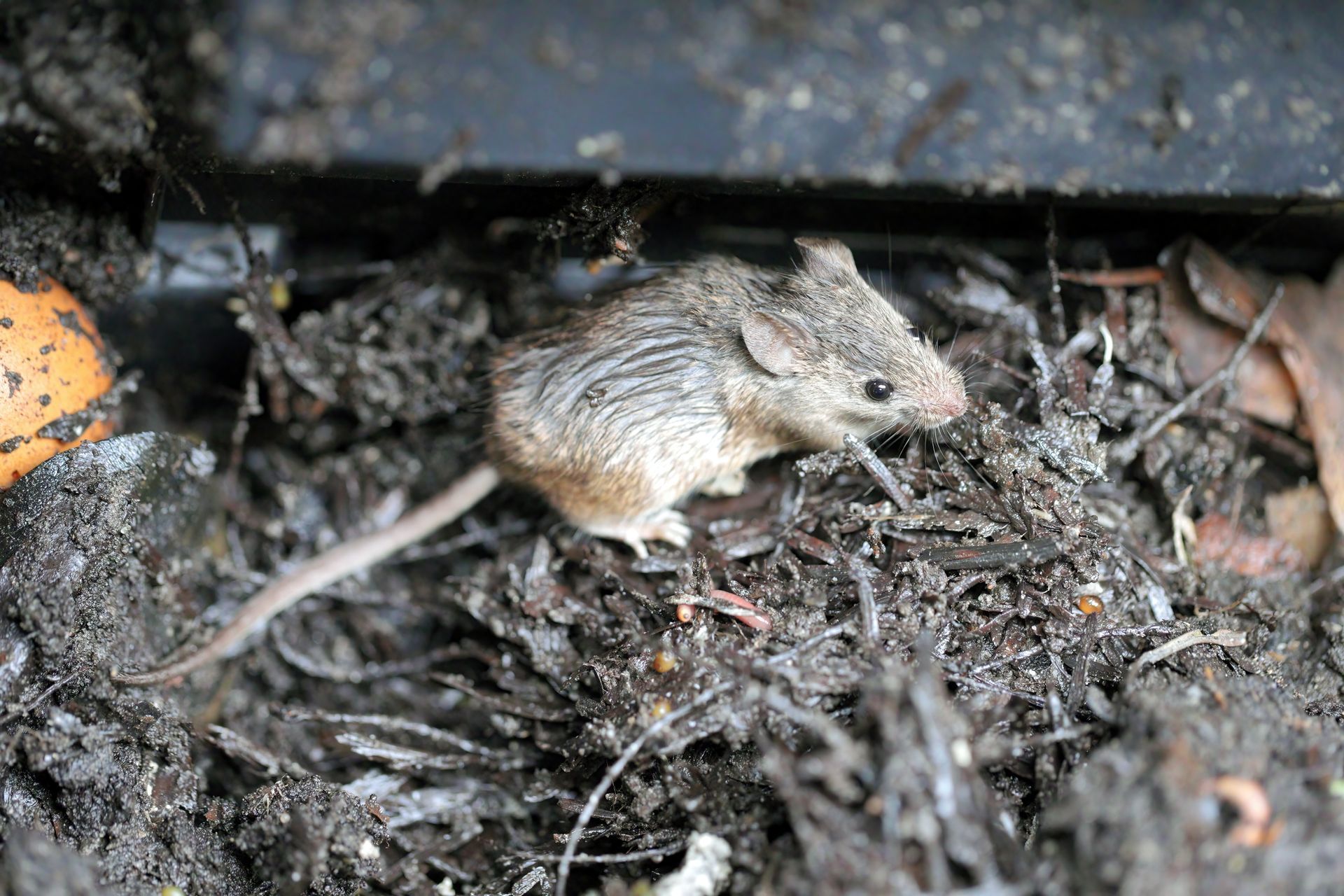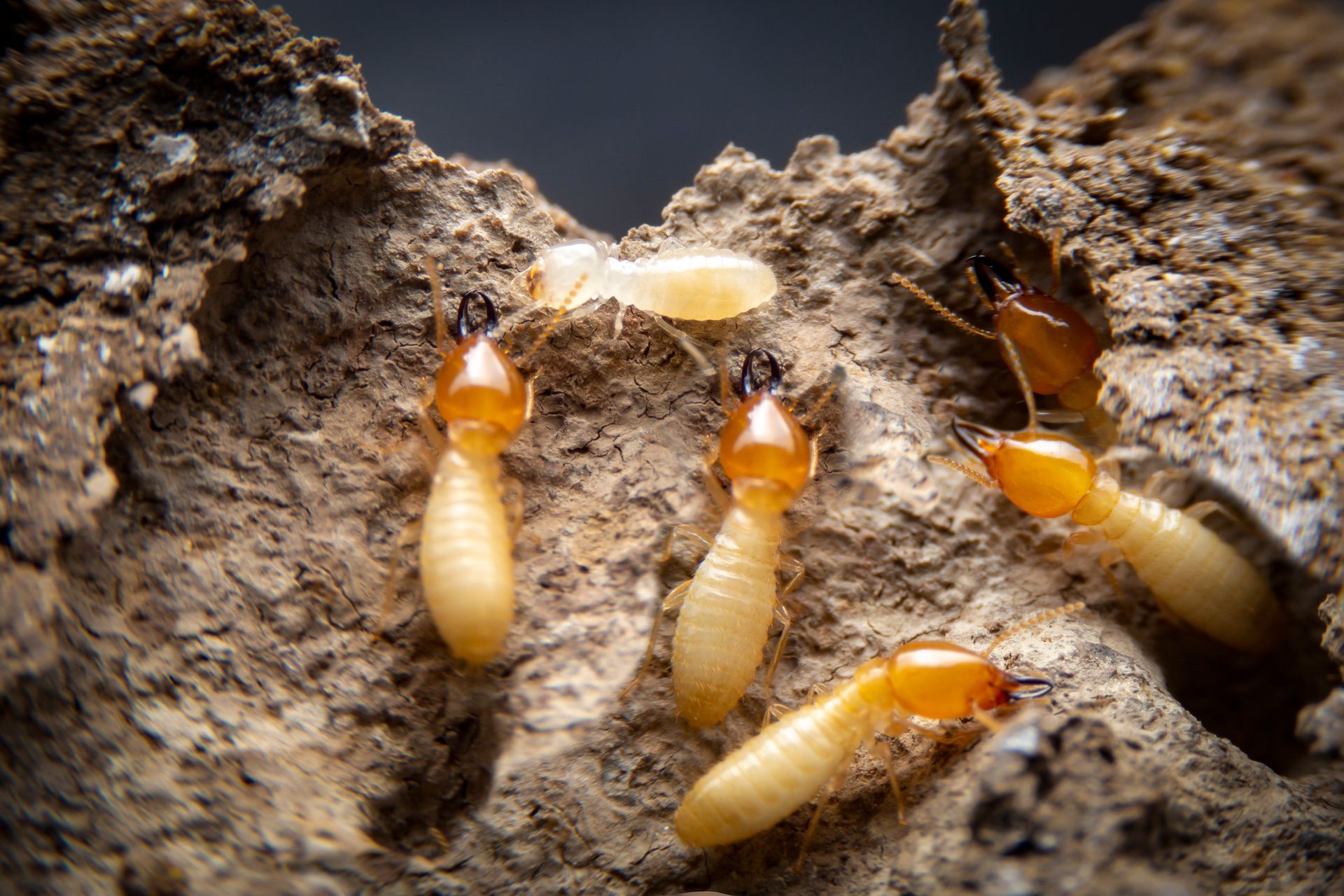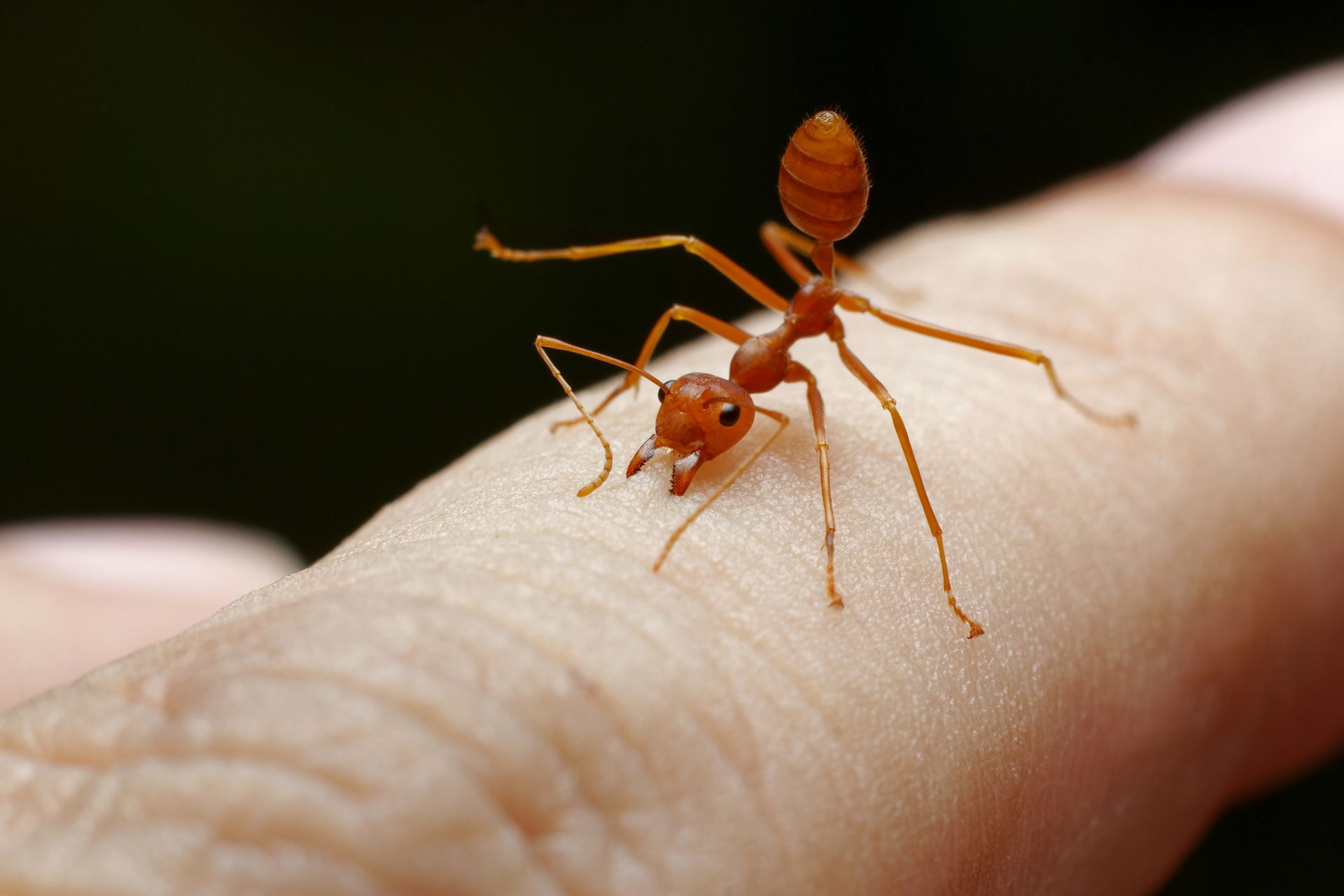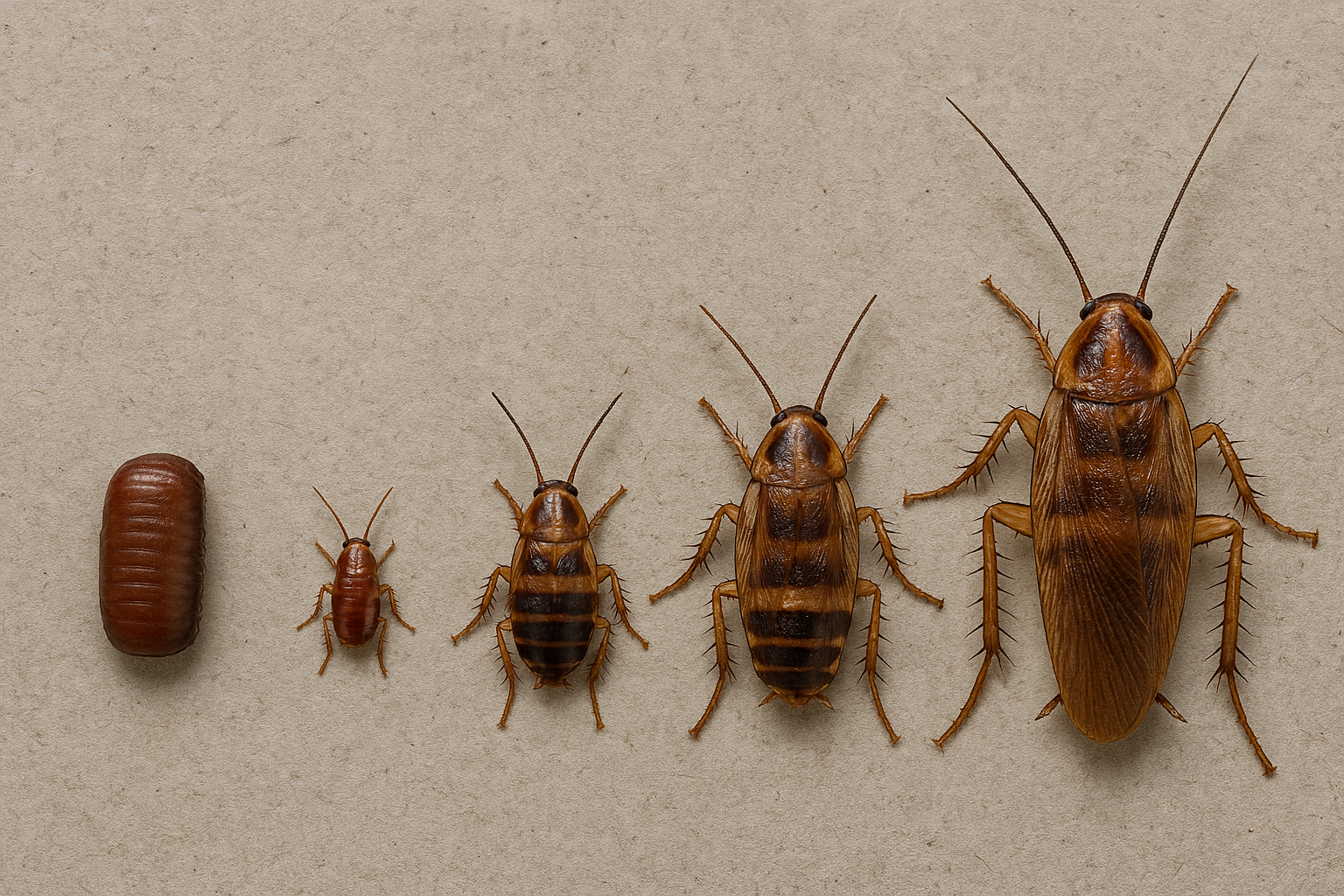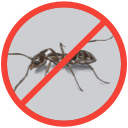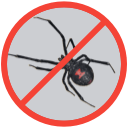What Blood Type Do Mosquitoes Like the Most?

There are several reasons why mosquitoes target certain people and appear to leave others alone. Some of it has to do with their smell, some of it has to do with their appearance, but it also comes down to genetics and the type of blood an individual has running through their veins. It turns out that studies that have been conducted indicate that certain blood types are much more appealing to these blood sucking insects than others. This is why some people can enjoy an outdoor event during mosquito feeding times completely unbothered by mosquitoes while others are chosen as a mosquito feeding ground.
What Attracts Mosquitoes?
Overall, there are several things that attract a female mosquito to their target prey. Mosquitoes are insects that date all the way back to prehistoric times and they have developed sensory organs that give them the ability to track humans and animals in ways that are surprisingly effective. The biggest attractant to their prey is the carbon dioxide that humans and animals release when we breathe. Mosquitoes are able to detect trace amounts of CO2 in the air with their antennae, which leads them to where they can find a meal. In addition to detecting CO2, they can also use their palps which are the sensory organs that allow them to smell trace amounts of different fragrances and odors like lactic acid in our sweat or alcohol on our breathe. Both of these have been determined to increase the likelihood of being targeted by mosquitoes. When they are close enough to the source of the signals that trigger their olfactory senses, they can rely on their vision to find their prey. While mosquitoes’ vision may not be perfect, they do have some tricks that they can rely on. In addition to seeing movement and shadows, mosquitoes have developed thermal tracking abilities that allow them to detect heat signals. By combining the different inputs, mosquitoes can actively find their prey. Once they have found something to feed on, if given the option between someone with type O or type A blood, studies have shown they prefer the individual with type O blood.
What Blood Type Do Mosquitoes Like?
People that have different blood types each carry a unique set of proteins, which are also called antigens. These antigens cover the surface of the red blood cell and mosquitoes are definitely attracted to one specific type over the others. In fact, studies have shown that mosquitoes are twice as likely to target individuals with type O blood than those with type A blood, with type B blood falling somewhere in between the 2 levels of preference.
- Type A (+/-): contains only A antigens
- Type B (+/-): contains only B antigens
- Type AB (+/-): contains only AB antigens
- Type O (+/-): contains no antigens
Individuals also produce these antigens in different body secretions. Those with type A blood secrete type A antigens, while type O blood carriers secrete a type H antigen which is a precursor to the other blood types.
What the Studies Show When It Comes to Blood Type Preference
There are 3 different studies that have proven that type O blood is the preferred blood type of female mosquitoes. A study from the 1970’s that was designed to study the impact of malaria vectors indicated that mosquitoes preferred type O blood over other blood types. Another more recent study conducted in 2004, showed that mosquitoes preferred a type O to type A blood based on the blood type as well as the antigen secretions. The most recent study conducted in 2019 tried to determine a reason behind the preference but was unable to determine why type O blood was preferred.
Why Blood Type Matters to Mosquitoes?
Why are mosquitoes attracted to a certain blood type? The reason hasn’t been completely discovered, with studies only showing that female mosquitoes do have a preference. Studies that have been done do not indicate that the different blood types have an impact on mosquito fertility, fecundity, and the number of eggs produced. In fact, the only potential reason type O blood may be the preferred choice is that type O blood has the highest digestibility rate of the different blood types.
What Is the Significance of the Different Blood Types?
The blood types that are found in humans include: A+, A-, B+, B-, AB+, AB-, O+, and O-. Each blood type is compatible with a certain set of blood types in a transfusion. When looking at how the different blood types function within humans, type O- blood is considered the “universal” blood type that can be used in transfusions with all other blood types. As mentioned above, the different blood types contain a different set of antigens that can cause the body to react negatively if the wrong blood is used. This is because the body will recognize these antigens as foreign invaders and trigger a negative immune response.
Why is it Important to Know the Blood Type Preference of Mosquitoes?
Understanding why mosquitoes choose their desired prey is important in understanding how an infectious mosquito borne disease can potentially spread. The Centers for Disease Control and Prevention (CDC) identify mosquitoes as the deadliest animals on the planet. They are credited with the spread of several life-threatening diseases including malaria, dengue fever, yellow fever, zika virus, and so much more. Knowing which blood types mosquitoes prefer can help infectious disease experts model how a disease might spread and how to make recommendations for certain individuals to fight against the spread of these diseases.
What Else Attracts Mosquitoes?
In addition to blood types and the other factors that were discussed previously, mosquitoes are also attracted to other chemicals, enzymes, and bacteria found on or released by the body. They can detect miniscule concentrations of odors created by the consumption of certain foods, ammonia, and even high sugar levels in sweat and body odor. For this reason, they are attracted to people who have recently exerted themselves because their core temperatures are higher, and they are sweating more profusely than normal. Similarly, they are also attracted to pregnant women who release more CO2 when they breath and have a higher core temperature.
How to Prevent Mosquitoes
To prevent mosquito bites, it is recommended that a repellent containing at least 20% DEET should be applied to exposed skin (consult a physician to determine whether DEET use is appropriate for you). To get rid of mosquitoes in general, several treatment strategies should be implemented to reduce mosquito populations in your general vicinity. This usually takes a combination of habitat modification, pesticide application, and exclusion. These efforts combined maximize the likelihood that mosquitoes won’t have a place to lay eggs or find access into your home or business.
Call EcoGuard Pest Management to Get Rid of Mosquitoes
If you have been dealing with mosquitoes and have noticed an increase in mosquito activity, it is time to call professionals to exterminate your mosquito problem. Call EcoGuard Pest Management to have one of our licensed mosquito control experts come out to inspect your property. We will identify problematic areas and create a customized treatment strategy using an integrated pest management approach designed to effectively exterminate all signs of mosquito activity. Ongoing maintenance will be recommended so our technicians can ensure that we disrupt the lifecycle of mosquitoes so the eggs are unable to mature into adults.



